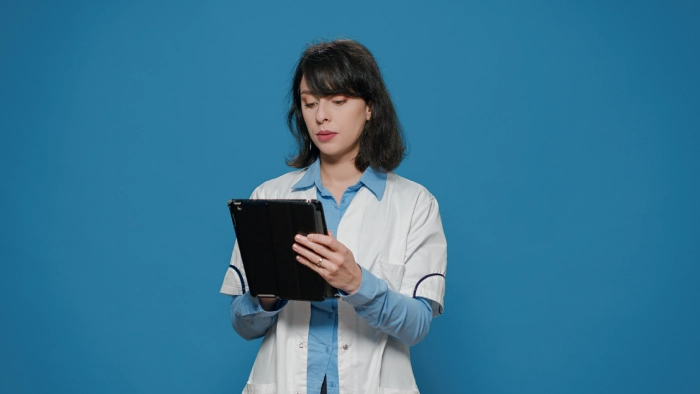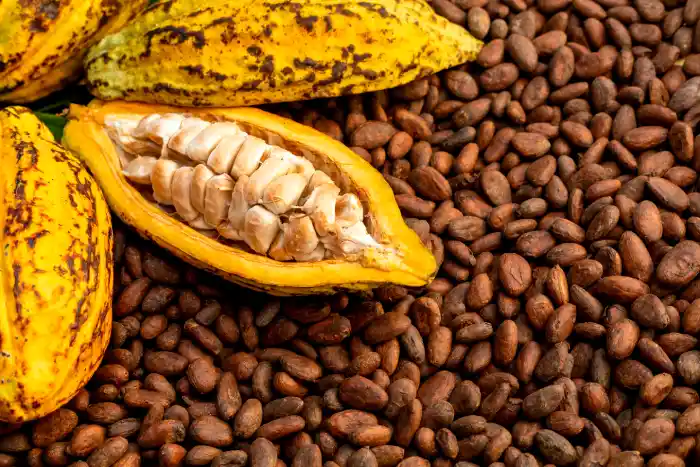Exploring the Link Between Riboflavin and Suicidal Ideation
In recent years, the potential role of dietary modifications in reducing suicide rates has garnered significant attention. However, the specific relationship between riboflavin (vitamin B2) intake and suicide risk remains poorly understood. A recent study sought to clarify this relationship by examining the association between dietary riboflavin and suicidal ideation among a large cohort of participants from the Korean National Health and Nutrition Examination Survey (KNHANES) conducted between 2014 and 2020.
Study Design and Methodology
The study included 17,320 participants, with suicidal ideation assessed using the ninth item of the Patient Health Questionnaire-9 (PHQ-9). Riboflavin intake was evaluated through detailed dietary assessments. The researchers employed multivariate logistic regression, restricted cubic spline (RCS) regression analysis, subgroup analysis, and interaction tests to explore the relationship between riboflavin intake and suicidal ideation.
Key Findings
The results revealed a statistically significant association between riboflavin intake and suicidal ideation. After adjusting for covariates, the odds ratio (OR) was 0.83 (95% CI: 0.77, 0.91), with a p-value of less than 0.001, indicating a protective effect of higher riboflavin intake against suicidal thoughts. The linear trend test, using the lowest quartile (Q1) of riboflavin intake as the reference, showed ORs (95% CI) for the second (Q2) and third (Q3) quartiles of 0.96 (0.81, 1.15) and 1.06 (0.80, 1.42), respectively. The RCS analysis further highlighted a non-linear pattern in the relationship between riboflavin intake and suicidal ideation.
Subgroup Analyses
The study also conducted subgroup analyses and interaction tests, which revealed that the association between riboflavin intake and suicidal ideation was particularly significant among women and individuals younger than 60 years. These findings suggest that the protective effect of riboflavin may vary by demographic factors. Notably, the associations remained consistent across subgroups and were not influenced by factors other than anaerobic exercise.
Implications and Recommendations
The findings of this study suggest a non-linear inverse relationship between riboflavin intake and suicidal ideation, with notable variations by sex and age. This underscores the potential importance of dietary riboflavin as a modifiable factor in suicide prevention strategies. Increasing riboflavin intake through diet or supplementation could be a crucial strategy for reducing suicide risk, particularly among vulnerable populations such as women and younger individuals.
Commentary by SuppBase Columnist Alice Winters

The study presents compelling evidence for a protective association between riboflavin intake and suicidal ideation, adding to the growing body of research on the role of nutrition in mental health. However, several aspects warrant further discussion.
Strengths of the Study
1. Large Sample Size: The inclusion of 17,320 participants from a nationally representative survey enhances the generalizability of the findings.
2. Comprehensive Adjustments: The study adjusted for a wide range of covariates, reducing the likelihood of confounding factors skewing the results.
3. Advanced Statistical Methods: The use of RCS regression and subgroup analyses provides a nuanced understanding of the relationship between riboflavin intake and suicidal ideation.
Limitations and Considerations
1. Cross-Sectional Design: The study’s cross-sectional nature limits the ability to establish causality. Longitudinal studies are needed to confirm whether increased riboflavin intake directly reduces suicidal ideation.
2. Self-Reported Data: Both dietary intake and suicidal ideation were self-reported, which may introduce recall bias and underreporting.
3. Non-Linear Relationship: The non-linear pattern observed in the RCS analysis suggests that the benefits of riboflavin may plateau or even reverse at higher intake levels, necessitating further research to identify optimal dosages.
Practical Implications
For consumers, this study highlights the potential mental health benefits of ensuring adequate riboflavin intake. Foods rich in riboflavin include dairy products, eggs, lean meats, green leafy vegetables, and fortified cereals. For those considering supplementation, it is essential to consult healthcare professionals to avoid potential side effects or interactions with other medications.
Future Research Directions
Future studies should aim to:
– Investigate the mechanisms by which riboflavin influences mental health.
– Explore the impact of riboflavin supplementation in randomized controlled trials.
– Examine the role of other nutrients in conjunction with riboflavin to develop comprehensive dietary interventions for suicide prevention.
In conclusion, this study provides valuable insights into the potential role of riboflavin in reducing suicidal ideation. While the findings are promising, they should be interpreted with caution, and further research is needed to fully understand the implications for public health and clinical practice.



